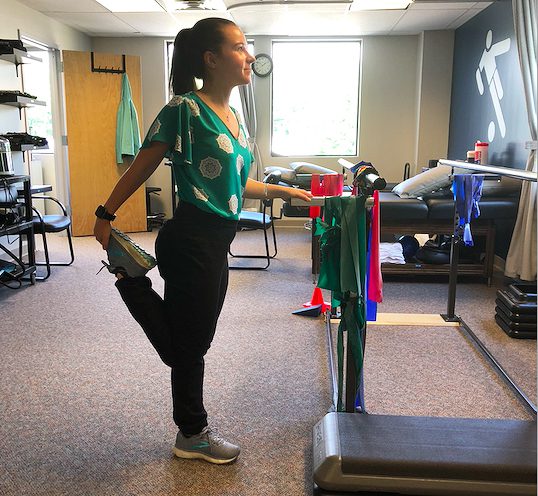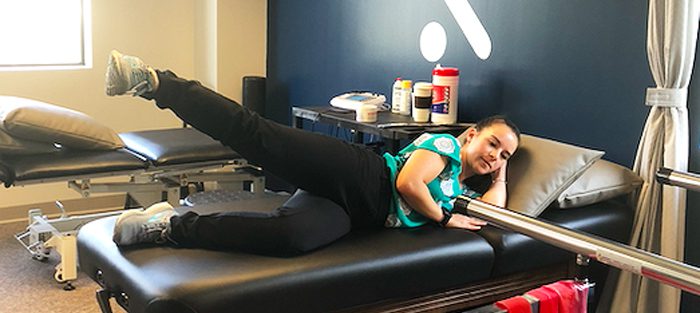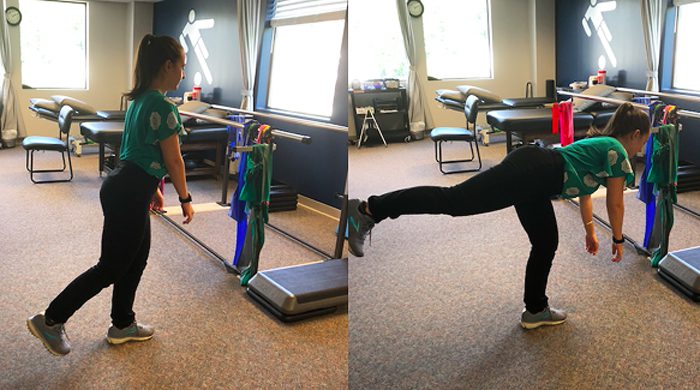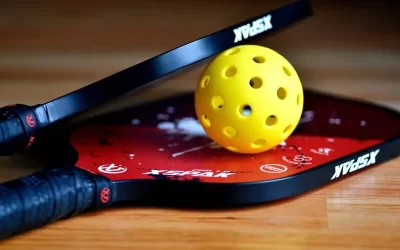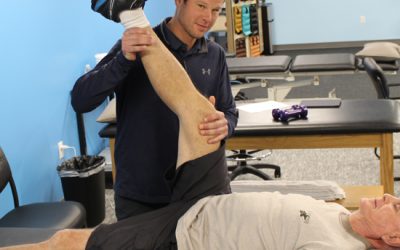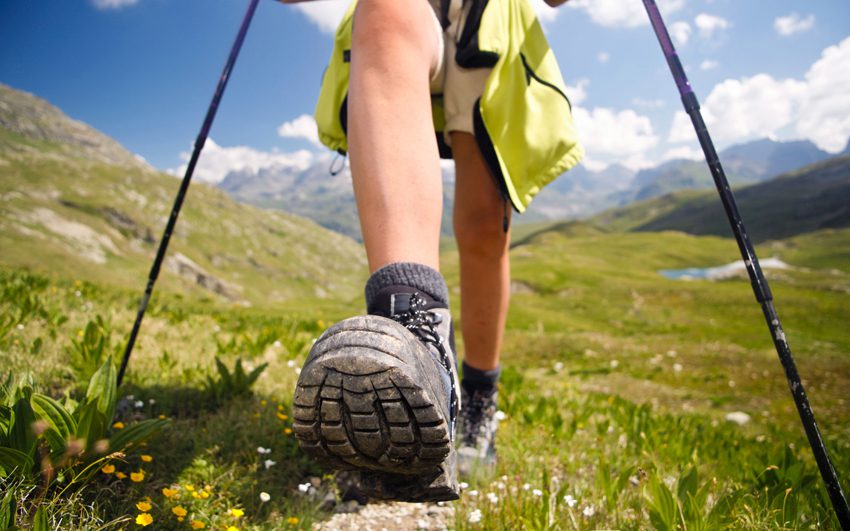
By Nicole Carville, PT, DPT
We are getting close to that time of the year where the nights get colder, the leaves start changing color and pumpkin is everywhere! Right around this time of year, a lot of us also decide to lace up our dusty hiking boots and head to the White Mountains as well. Whether you are a novice hiker or an experienced regular, it seems that everyone has hiking the 4000 footers in New Hampshire on their bucket list. It’s definitely on my list! But, with checking off these bucket list hikes, it is also very common to experience knee pain during or afterwards.
Below are my top tips for preparing for your next hike and battling with any existing or future knee pain you might have!
Stretching
When it comes to hiking and knee pain, I think stretching is essential. However, this is almost always the first thing I hear my patients skip – whether it’s an afternoon pickleball game or a morning walk – no one likes to stretch. As you start on your next White Mountain adventure, walk for about 5-10 minutes on your trail or around the parking lot. If you need to you can grab your phone, watch or friend to hold each other accountable that you’ve got your body moving before you start to stretch. This allows your heart rate to elevate, blood to pump to your muscles and a more comfortable and effective stretch than if you just rolled out of bed or the car. After 5-10 minutes, step off to the side and give your muscles some TLC before you ask them to carry you up and down a mountain.
Goal: Hold each stretch for ~30 seconds on each side and repeat 2-3 times.
Quadriceps
Hamstrings
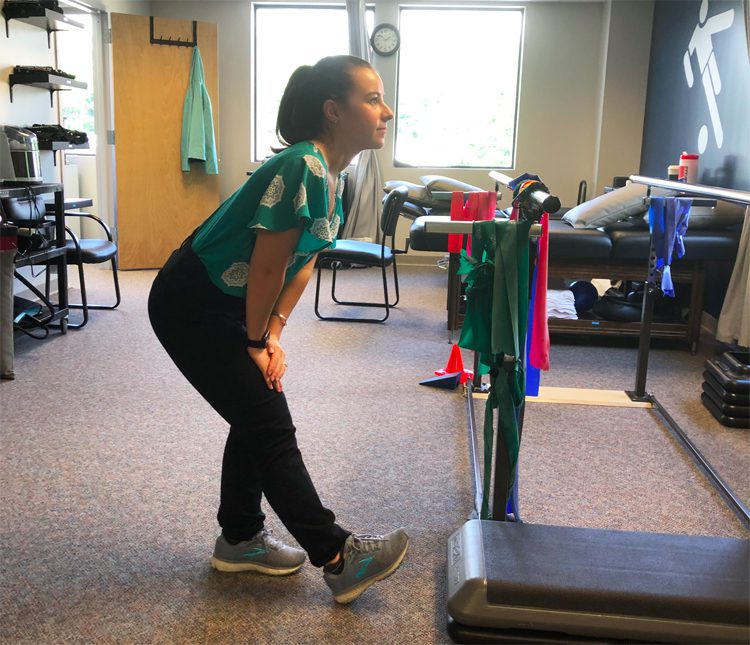
Gastroc/Soleus (Calves)

Strengthening
Regular hiking builds up strength in the sagittal plane and involves significant power and endurance of your quadriceps, hamstrings, gastroc/soleus, anterior tibialis and more. The strength you build while hiking helps you continue to hike, but what about injury prevention for your knees? Are they already starting to bother you? Do you notice that you are better trained for the power of climbing up the mountain? Or maybe you have great control on the way down, but climbing 1000 rock stairs gets your legs shaking uncontrollably. We all have areas we can work on – that is where cross training comes in. No matter what your “sport” of choice is, cross training is always important. Below are three exercises to try at home
Gluteus Medius Hip Abduction Leg Raise
Single Leg Dead Lift
Single Leg Sit to Stands/Squats
Preparation Hikes
One of the most important recommendations I can make is to pick a hike that you and your knees are ready for. Do you plan on completing a 5-mile hike in November? If so, it’s important that you’ve completed a few 2-3 or 3-4 mile hikes in preparation to give your knees and muscles time to adapt to the new stress you are putting on them. Moreover, take a look at the parking ahead of time! Last year I planned to hike Franconia Ridge and thought I was prepared for the distance. The morning of my hike, I got there and saw that the parking lot was full so I just kept driving down the road. I finally found parking about 1 mile away from the trailhead. I thought to myself, that’s not too bad, but what was supposed to be a 6-7 mile hike then turned into an 8-9 mile hike because I had to walk an extra 2 miles to my car. If you’ve regularly been hiking 1-2 mile adventures, you don’t want to jump to 8 miles for your next one – you want to give your knees the appropriate mileage to adapt to the stress you’re putting on them AND you never know how far away you’ll be parking!
Taking off some of the load
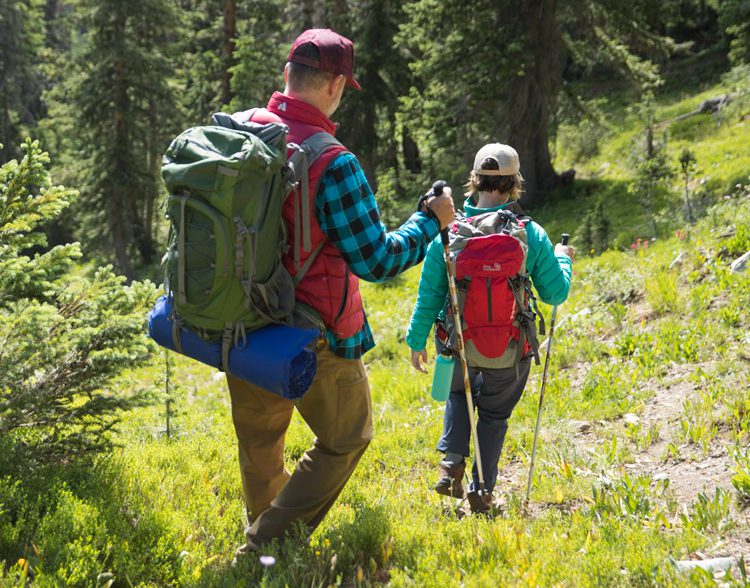
If you’ve gone on at least 1 hike, you’ve likely seen some hikers out there using trekking poles. And if you think like me, you’ve likely also wondered if those poles help, hurt or just get in the way? One literature article looked at 15 males who individually completed 60 hikes under different conditions. These conditions included hiking poles or no poles as well as carrying no backpack, a small pack or a large pack. The results showed that there was a reduction in force, moments and power around the ankles, knees and hips. The takeaway here is that if you’re currently having knee pain, but hiking is your passion, give trekking poles a try to reduce some of the load you are putting on your knees. Also, try carrying a lighter pack and sharing your snacks with a friend. Give us a call if your knees have pain, Rye Physical Therapy can help!
